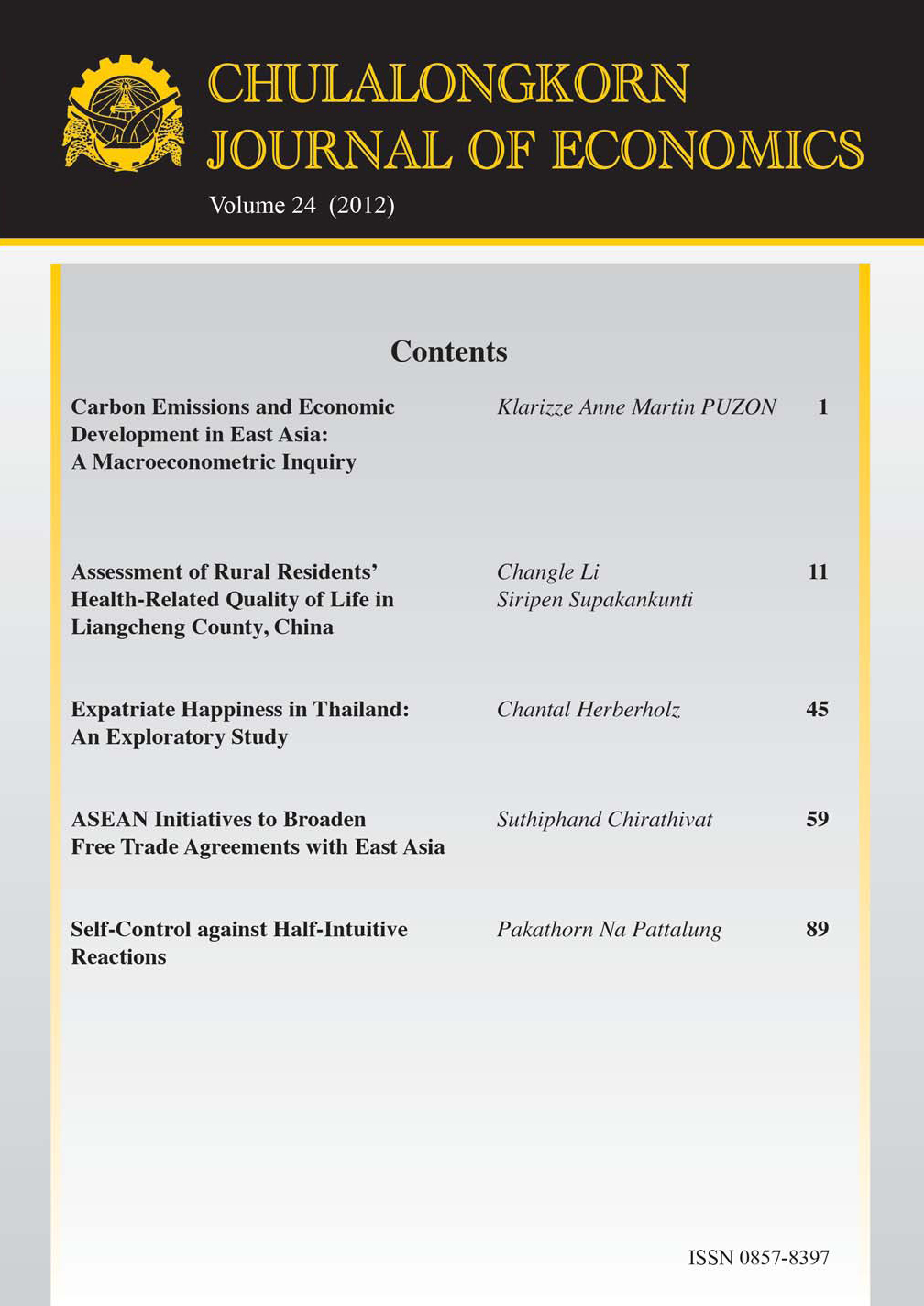Understanding Malaysian State Governments Fiscal Behavior: The Role of Intergovernmental Transfers
Keywords:
State Governments, Fiscal Behavior, Intergovernmental RelationsAbstract
As of late, several state governments in Malaysia have been identified as having serious difficulty in meeting their financial needs, to the extent of the government being qualified as on the verge of bankruptcy. One of the explanations put forward is that state governments have been acting irresponsibly in managing finances. Thus, the question that ensues is: why do state governments behave in such an irresponsible manner fiscally and financially in the first place? In this paper, we relate the financial difficulties faced by these governments within the confines of the institutional and political environment currently in place within the country. We will examine one of the institutional features of the intergovernmental system in Malaysia – the intergovernmental grants systems. More precisely, there are two hypotheses that will be tested in this research. First, federal transfers may stimulate more spending by state governments which leads them to increase spending beyond the means available to them. Second, financial problems may be the consequence of a state governments’ incapacity to utilize tax capacities to the fullest, which in turn may be explained by the disincentives effects that are embedded (whether intended or not) within the transfer system.
Downloads
Published
How to Cite
Issue
Section
License
The submission of a manuscript implies that the paper is an original work and has not been published elsewhere. The author(s) authorize the journal to reproduce or distribute the paper in printed or other electronic forms.







